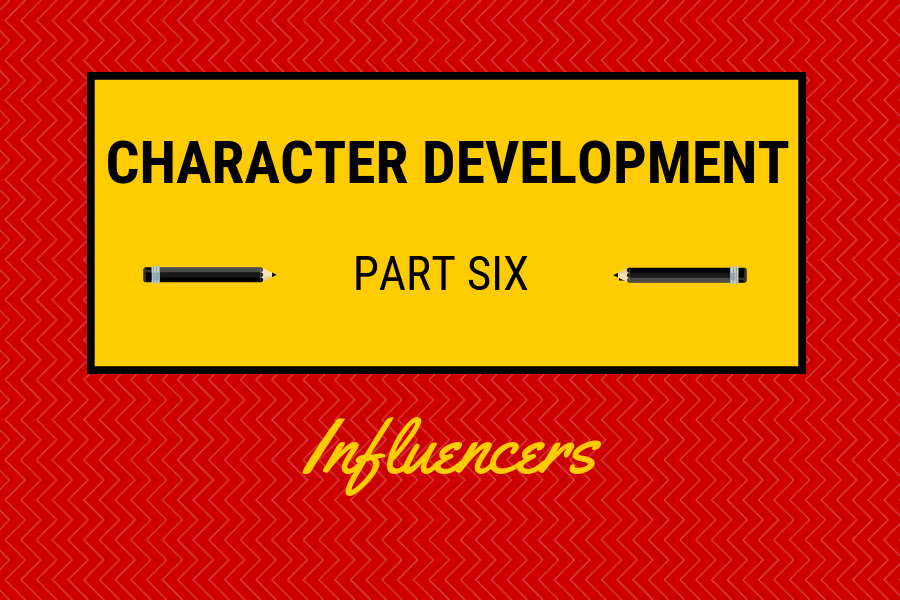This blog is part six of six in a series designed to hone character development of protagonists in your fiction.
After reading through this series, I realize I had written quite a bit about my husband’s opinions. The examples and thoughts expressed reminded me of how immense his influence is on me. I don’t mind that he chooses most of my clothes and likes red lipstick. He’s paying attention!
My family bears significant influence on me. For instance, I promised my youngest daughter I wouldn’t buy Michael Kors brand apparel for myself because she owns several pieces. I never felt comfortable wearing Chanel #5 perfume because Daddy bought it for Momma. I love Beautiful cologne; but, again, Momma wears that and to me, the fragrance belongs to her.
I’ve been influenced in far more substantial ways by women who guided my spiritual and emotional development. The men in my life, past and present, remind me how honorable men at their best can be.
I wish for everyone to be as blessed as I have been by people who are worthy influencers.
Your turn:
Who influences your character? Is this influence positive or negative?
What secondary characters have you set up for your protagonist to interact with? Friends? Family? Both? Why?
What is the most distinctive feature of your favorite secondary character, whether from your work or someone else’s?
What is the biggest challenge you face in creating effective secondary characters?
Character Development Series:








